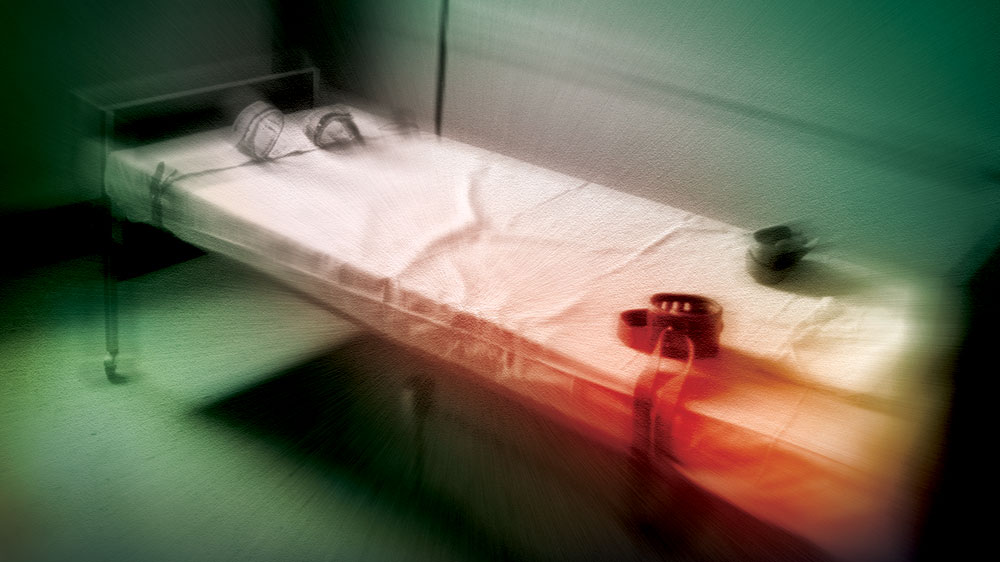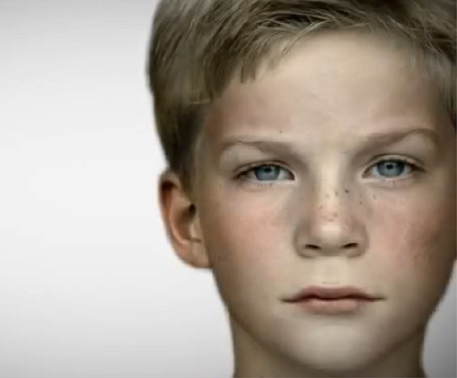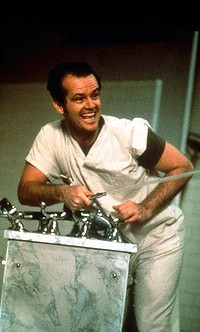
In Soviet Relapse, Critics Sent to Psychiatric Hospitals
In the Soviet Union, dissidents were labeled schizophrenics, thrown into psychiatric hospitals and drugged just for questioning the government. It wasn’t until the Soviet demise that officials grasped the difference between criticism and mental illness.
But old habits die hard.
Galina Yartseva, 47, editor of a small opposition newspaper in Veliky Novgorod, learned this the hard way after she took on the city establishment, accusing local officials of corruption and a local plant of air pollution damaging to children’s health.
She was slammed with dubious charges of showing disrespect to a judge in 2010, but cleared by a jury. A few weeks later, the Supreme Court overturned the acquittal at the request of regional prosecutors and sent the case back to the regional court.





SHARE YOUR STORY/COMMENT: